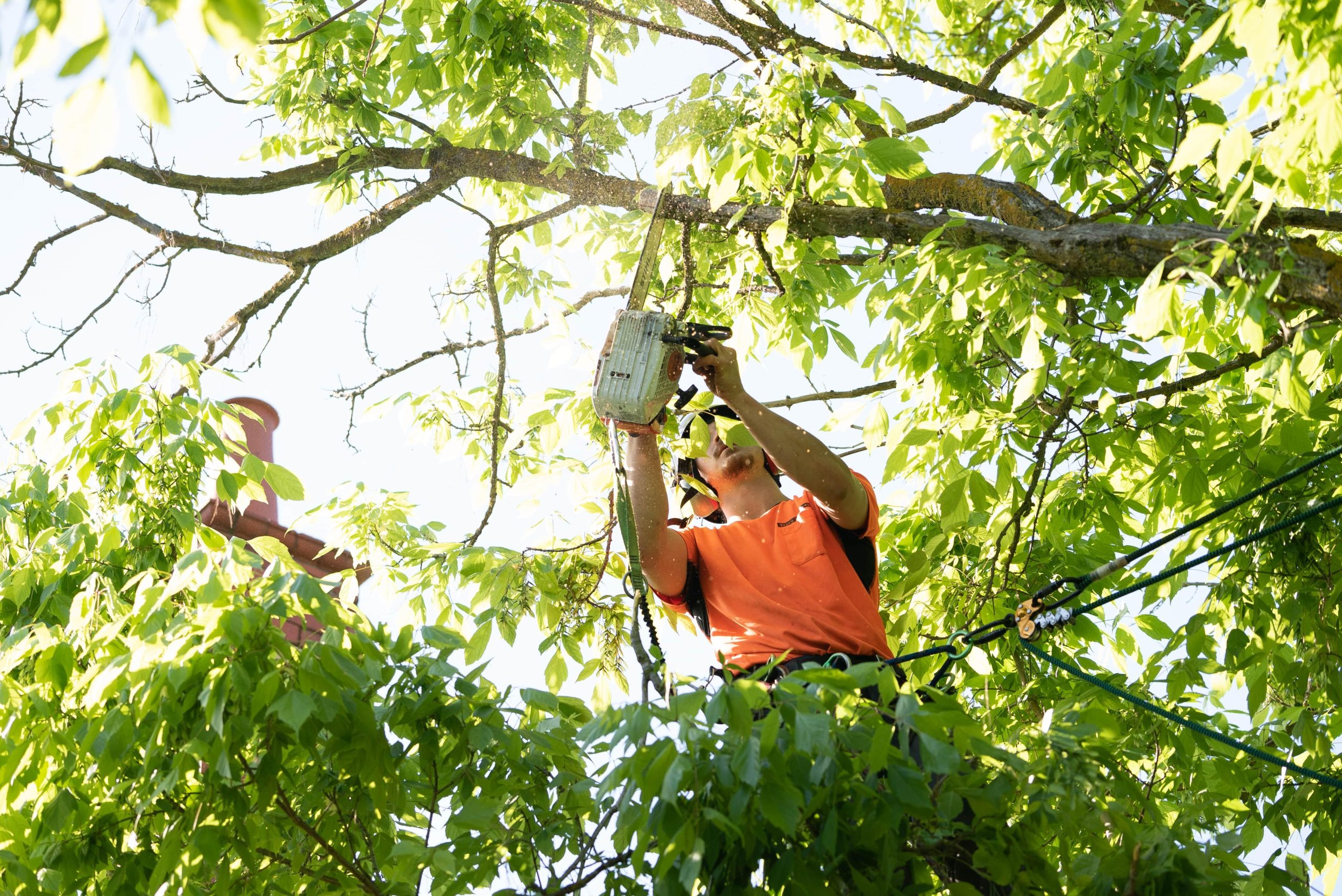Introduction:
Tree Council permits play a vital role in urban planning and development, serving as a means to balance the preservation of trees with the needs of housing and community growth. Recent discussions in various municipalities, such as Bend, Oregon [1], have highlighted the importance of finding ways to harmonize individual property rights with broader community interests when it comes to tree regulations. As cities like Belle Plaine, Minnesota [2] and College Park, Maryland [3] address the complexities of land subdivision and permit parking, the discussion around Tree Council permits has become increasingly relevant. This article aims to explore the challenges and considerations in balancing individual and community interests within the framework of Tree Council permits.
When it comes to managing Tree Council permits, one of the key challenges is balancing the interests of individuals with the needs of the community as a whole. Each tree permit application represents a unique set of circumstances, and it is crucial to consider how the granting or denial of a permit will impact not only the individual requesting it but also the broader community.
Effective permit management requires a careful consideration of both individual and community interests. While individuals may have valid reasons for wanting to remove or prune a tree on their property, it is important to weigh these against the potential benefits that the tree provides to the community, such as shade, air quality, and wildlife habitat. By finding a balance between these competing interests, Tree Councils can ensure that their permit decisions are fair and serve the greater good.
Q&A
Q: What are the membership options for joining the Georgia Tree Council?
A: Becoming a member of the Georgia Tree Council offers various options depending on the category you fall into:
– College Student: $15
– Individual: $50
– Nonprofit or Tree Board: $75
– Small Organization or Business: $100 [1]
Q: How does Seattle’s Trees for Neighborhoods program handle tree availability and permits?
A: Seattle’s Trees for Neighborhoods program aims to strike a balance between providing a variety of tree options while ensuring availability. However, it’s noted that not all street tree permits are guaranteed to be approved. [2]
Q: How does Takoma Park’s City Council address tree canopy goals and community outreach?
A: The Takoma Park City Council meeting highlights discussions on tree canopy goals, exploring ways to enhance community outreach and education regarding tree-related matters. [3]
Conclusion
In conclusion, the issue of balancing individual and community interests in the context of Tree Council permits is a complex and vital consideration. As seen in various historical and legal contexts, such as determining the allocation of kidneys[1], managing public health[2], and protecting constitutionally guaranteed rights[3], ensuring a harmonious balance between individual autonomy and communal well-being is essential. By considering the needs and perspectives of both individuals and the community, Tree Council permits can strive to achieve a sustainable and fair approach that benefits all stakeholders involved. Thus, as we navigate the intricacies of issuing such permits, it is crucial to uphold a nuanced understanding of the delicate equilibrium between personal freedoms and collective responsibilities.
Simpsons Tree Services, Servicing Melbourne’s North Eastern Suburbs
Book a quote online at www.simpsonstrees.com.au




